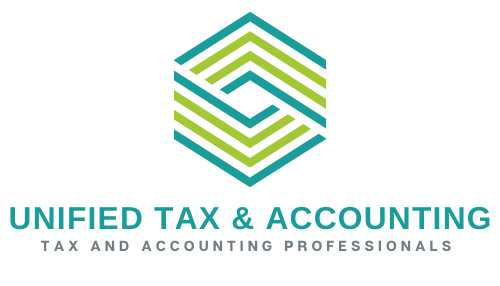Look for a preparer who specializes in small business taxes.
Check for credentials such as an Enrolled Agent or Certified Public Accountant (CPA) designation.
Ask for references and check for any complaints with the Better Business Bureau.
Confirm that the preparer is up-to-date on the latest tax laws and regulations.
Consider the preparer’s availability during the tax season and throughout the year for any questions or concerns.
Assess the preparer’s fee structure and ensure it is reasonable and transparent.
Confirm that the preparer has professional liability insurance.
Make sure the preparer can e-file your return and provide an electronic copy of your return.
If you are a sales tax preparer, ensure that the preparer is well-versed in sales tax laws and regulations in your state.
Consider the location of the preparer. If you are looking for a local tax preparer for your business, it may be beneficial to find one that is located near your business or in the same city. This will make it easy for you to meet with them in person, and it may also provide an extra layer of security in terms of your confidential financial information.


